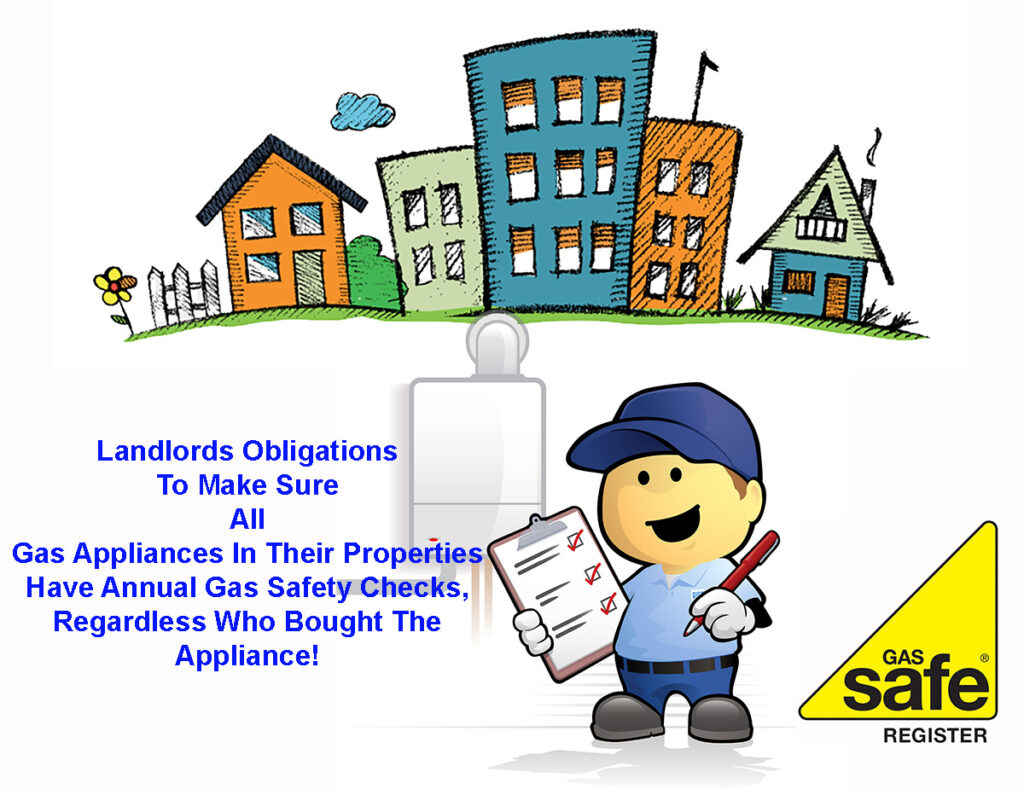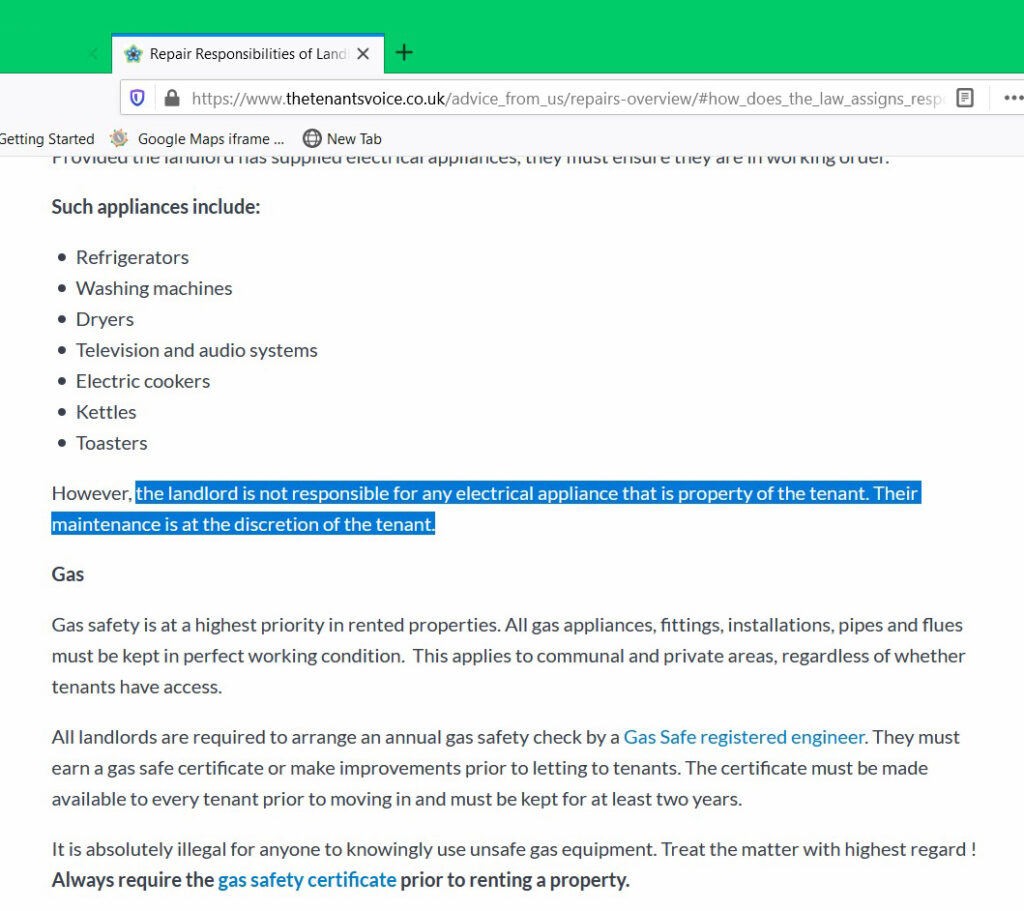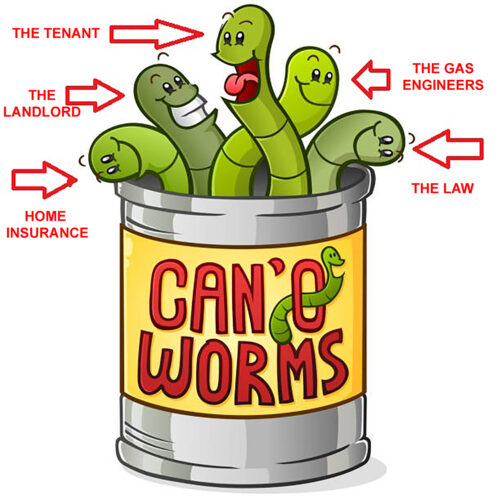
“Electricians Wales” would like to notify all households to check their Christmas Lighting this year indoors and out. Christmas lights could pose a major fire hazard, according to new research from Which?. The consumer group carried out a series of tests on Christmas tree lights and found that nearly half could cause either a fire or an electric shock.
How to do a PAT test Christmas lights?
One of the most common questions asked for in-service inspection and testing is ‘Do I need to PAT test Christmas tree lights’ or ‘How do I PAT Test Christmas tree lights’.
As with any electrical equipment one needs to take precautions especially if you are buying second-hand used items.
Not only this if you are buying new appliances such as a new cooker in time for your Christmas Gathering you must make sure your ‘Hot Zone‘ is compliant as I had the misfortune to find out last year. You can read the article here.
It is very important to carry out a thorough visual inspection. Christmas tree lights are typically stored away in an attic or a shed for most of the year, however, due to weather changes the stored items may become damp, and if not stored away safely, damage can occur during storage. You will need to consider the environment in which they are used as they can be used both indoors and outdoors and can also be installed in areas where you have the general public, young children, and even the vulnerable. When public safety is taken into account, one needs to protect everyone in order not to be liable.
Nowadays, almost all modern lights you come across will either be Low Voltage or Class II. Class 0 equipment has no basic insulation around the live conductors.
There is no supplementary insulation or earthing of exposed parts. In most cases, Class 0 equipment should fail the visual inspection and be removed from service. If in doubt throw it out or call an electrician.
Consider the age of your equipment and lighting. If it is old it may not be worth repairing and it would make more sense just to buy brand new. However, depending on your circumstances and your budget, you may be tempted to buy secondhand. With this said you should do your due diligence and weigh up the pros and cons before paying for something that could become a fire hazard.
So how you go about testing them will all depend on the equipment construction itself.
Most lights will be either low voltage (battery-powered/LED) or Class II running-off transformers. Most won’t have to earth for fault protection or have any exposed conductive parts to carry out insulation resistance testing, so in most scenarios, a thorough visual inspection is all you can do.
If you would like “Electricians Wales” to inspect your equipment, appliances, and hot zones, all cabling, fittings, and plug top/battery compartments will be inspected, repaired and reports made to ensure the safety of your household and neighboring areas for any signs of damage or over-heating.
If the lights are Class I and have the earth for fault protection, then they would
need to be treated as if they were any Class I electrical equipment carrying out as a minimum a thorough visual inspection (as above), earth continuity test,
insulation resistance test and then finally a function check. If the lights are
Class II with exposed conductive parts, then as a minimum, they would be
carried out with a thorough visual inspection (as above), insulation resistance
test and then finally a function check.
Things to consider when installing Christmas Tree lights:
- Make sure the lights and equipment are not damaged.
- Make sure they are not causing a trip hazard.
- Make sure the wiring is not bent and the cabling twisted, bent, or broken.
- Make sure the cabling is not wrapped or tangled together which can fuse the wires and cause a fire hazard.
- Make sure you have not overloaded your plugs and multiway adapters.
- Make sure your extension leads are pat tested and not overloaded.
- Only use lighting outdoors if specified it’s safe to do so by the manufacturer.
- Do not try to be handy manny if you have no clue about electrics.
- If you are buying cooker appliances make sure the surrounding areas where the cooker i supposed to go is Hot Zone compliant because your appliances will not be fitted otherwise.
https://www.cymrumarketing.com/what-electrical-appliance-wont-tell-you-before-buying/
https://www..cymrumarketing.com/what-appliance-retailers-do-not-tell-you/
https://www.cymrumarketing.com/argos_appliances_disclaimer_and_hot_zones/
#firstphaseelectricalwales #electricianswales #pattestingwales #landlord #electricalsafetyinspections #landlordelectricians

















